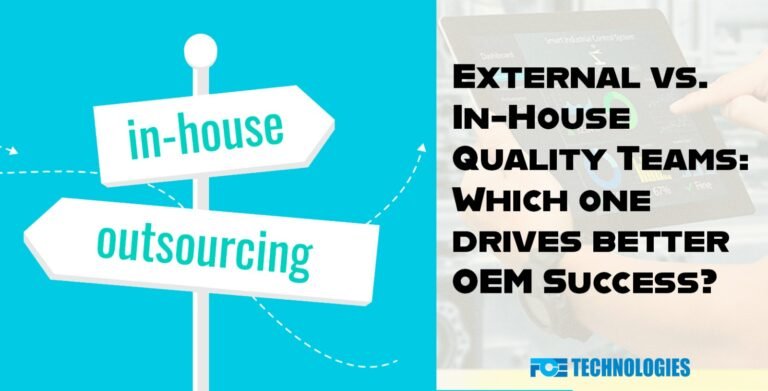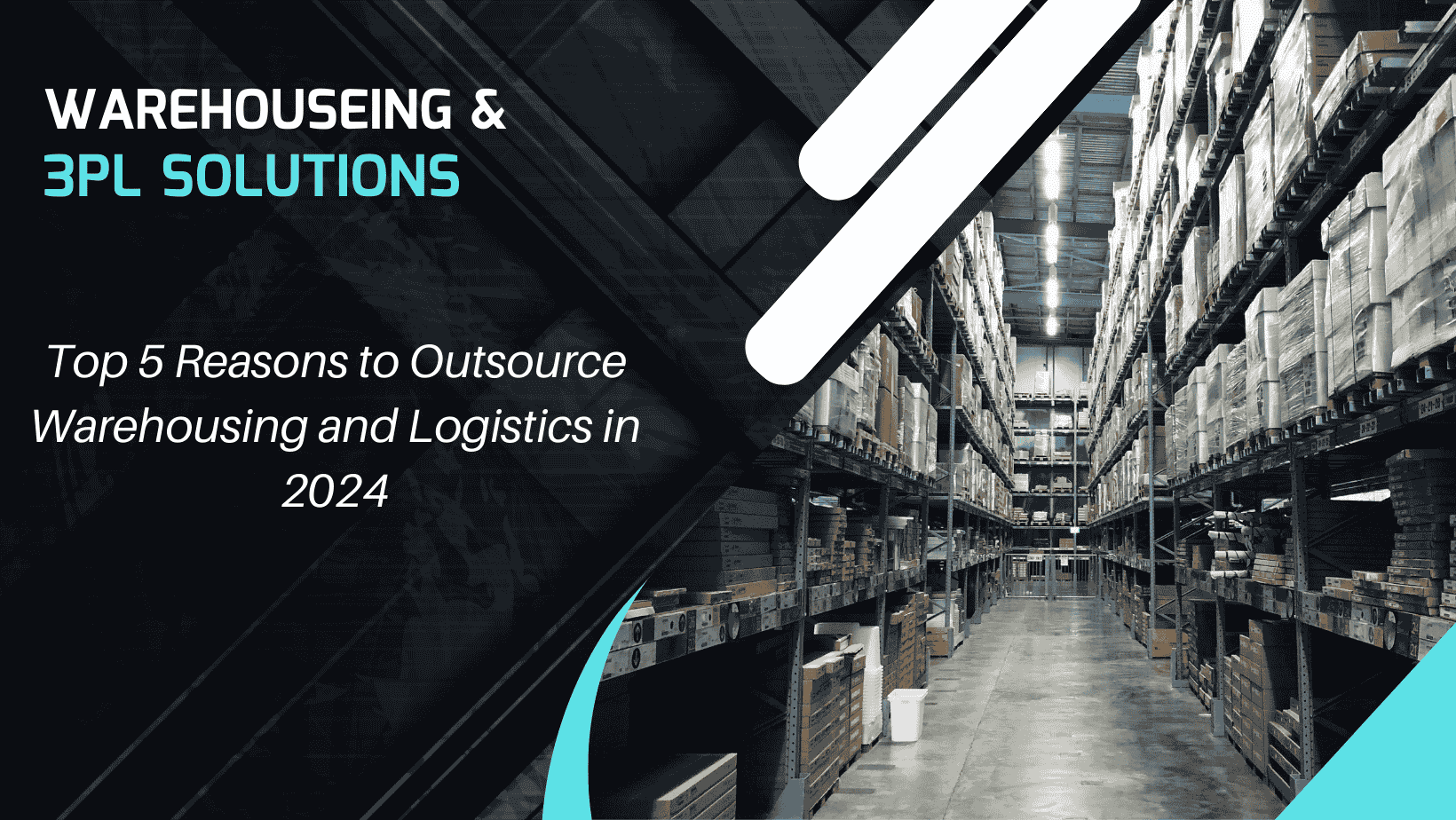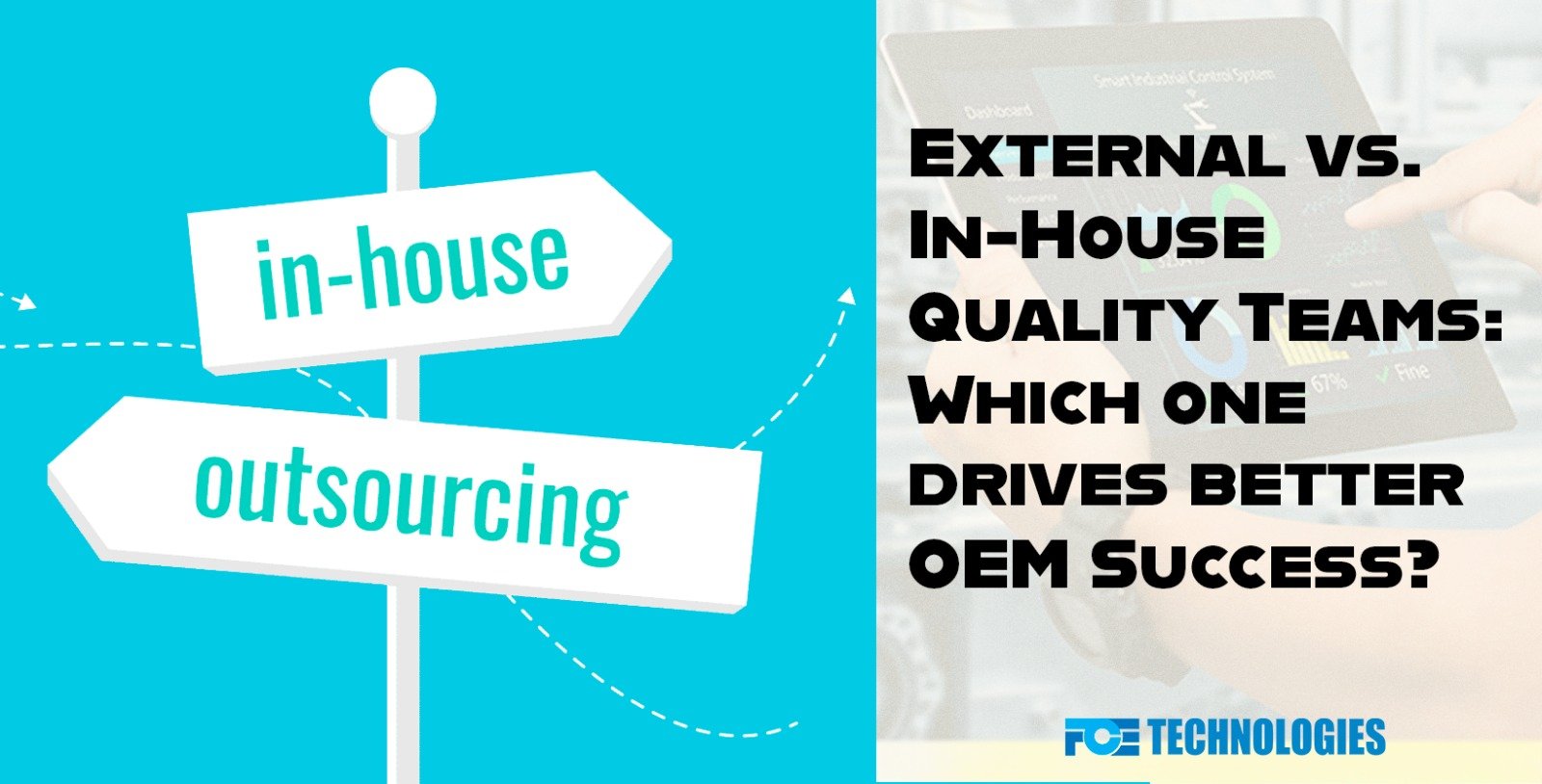Quality Liaison Services vs. In-House Quality Teams: Pros, Cons, and Key Insights:
In today’s highly competitive automotive industry, ensuring product quality is paramount. A critical decision that manufacturers face is whether to invest in an in-house quality team or to partner with external quality liaison services. This choice can significantly influence production efficiency, cost management, and overall product quality.
Key Insights:
- Cost Efficiency vs. Expertise: Compare the financial benefits of outsourcing with the specialized knowledge that an in-house team can offer.
- Flexibility and Scalability: Understand how external services can provide the adaptability required to meet the automotive industry’s fluctuating demands.
- Communication and Collaboration: Explore the communication dynamics and collaboration efficiency in both setups.
By the end of this article, you’ll have a deeper understanding of which approach—external liaison services or an in-house quality team—aligns best with your company’s quality assurance objectives, production goals, and budget.
The Advantages of External Quality Liaison Services:
Cost Efficiency
- Save on Overhead Costs: By outsourcing, companies can avoid the expenses associated with hiring, training, and maintaining a full-time in-house team. External services eliminate costs such as benefits, insurance, and administrative overhead.
Access to Specialized Expertise
- Industry-Specific Knowledge: Quality liaison firms bring extensive experience in automotive standards and best practices. This specialized knowledge can be difficult to replicate internally.
Reduced Administrative Burden
- Focus on Core Activities: Outsourcing quality management allows your company to focus on its core competencies while leaving quality assurance to the experts.
Proactive Problem-Solving
- Real-Time Updates: Using FCE internal tools, you receive immediate notifications of quality issues, allowing for swift action across all locations.
The Benefits of an In-House Quality Team:
Enhanced Team Cohesion
- Strong Internal Collaboration: An in-house team, fully integrated into your company culture, can foster better communication and teamwork.
Direct Control and Oversight
- Alignment with Company Goals: With direct management of an in-house team, you can ensure that quality initiatives are closely aligned with your company’s specific objectives and values.
Potential Drawbacks of External Quality Liaison Services:
Limited Control
- Alignment Challenges: Outsourcing might result in less direct oversight, leading to potential misalignment with your company’s culture and goals.
Challenges of Maintaining an In-House Quality Team:
Higher Operational Costs
- Significant Financial Commitment: Salaries, benefits, training, and infrastructure costs make in-house teams a more expensive option.
Limited Expertise
- Difficult to Match Specialized Knowledge: It can be challenging to maintain an in-house team with the same level of expertise as specialized external services.
Flexibility Issues
- Inflexibility in Scaling: In-house teams may struggle with the adaptability required for fluctuating workloads or specialized projects.
Recruitment and Retention Challenges
- Competitive Job Market: Finding and retaining top talent can be difficult, especially in specialized fields like quality assurance.
Conclusion: Making the Right Choice for Your Business:
The decision between external quality liaison services and an in-house quality team hinges on your company’s specific needs, budget, and long-term goals. While in-house teams offer greater control and cohesion, external services provide cost savings, specialized expertise, and scalability.
Many companies find that a hybrid approach, combining the strengths of both, is the most effective way to ensure high-quality outcomes while managing costs and maintaining flexibility.







